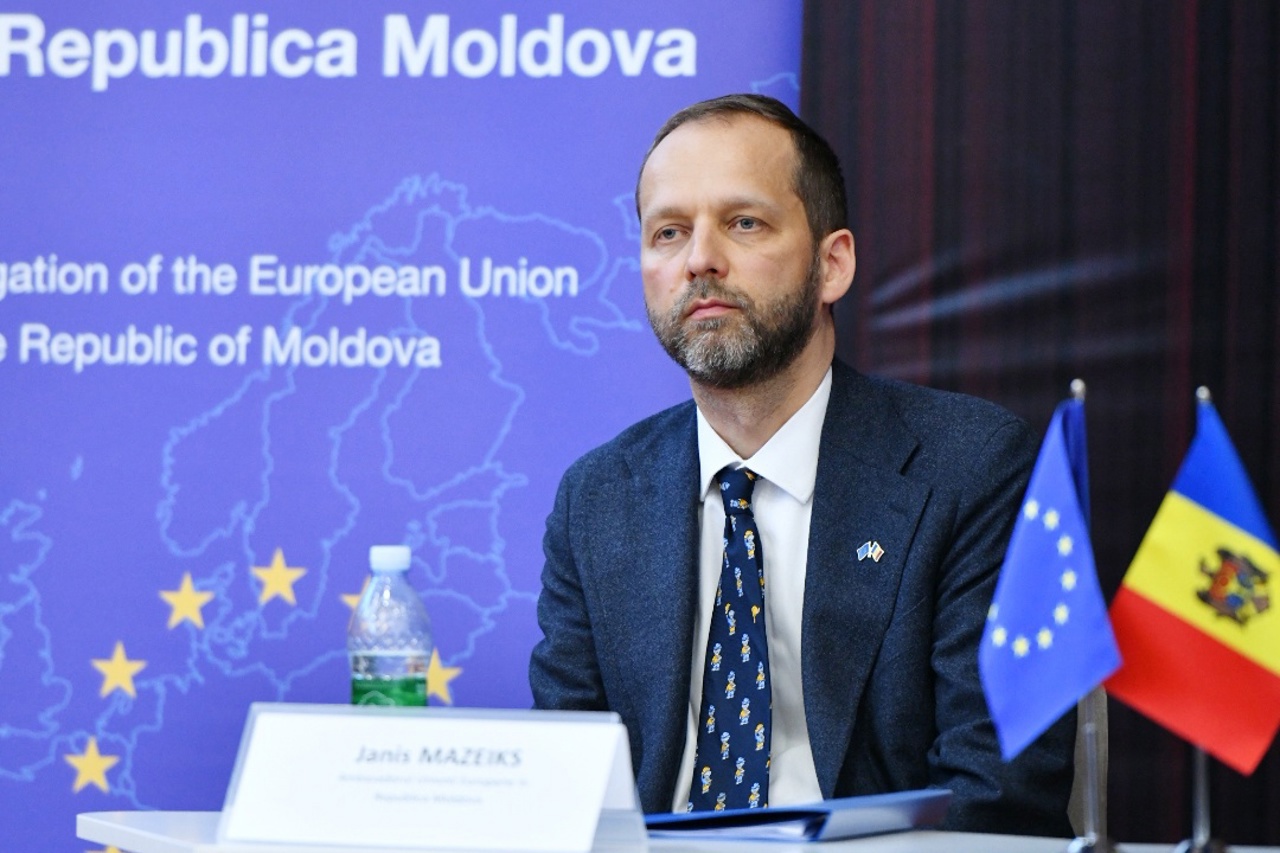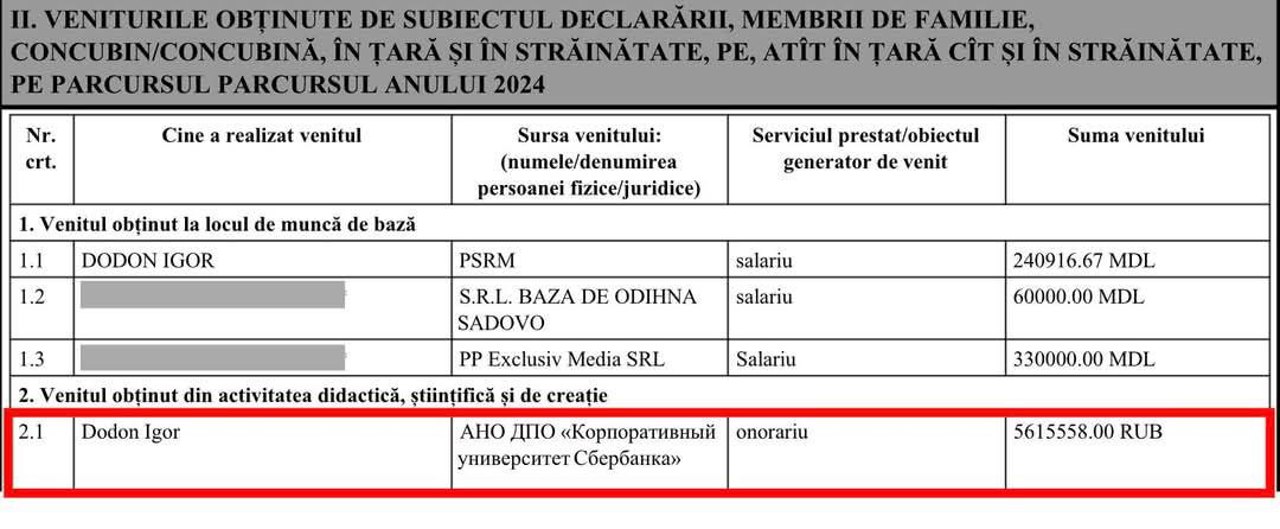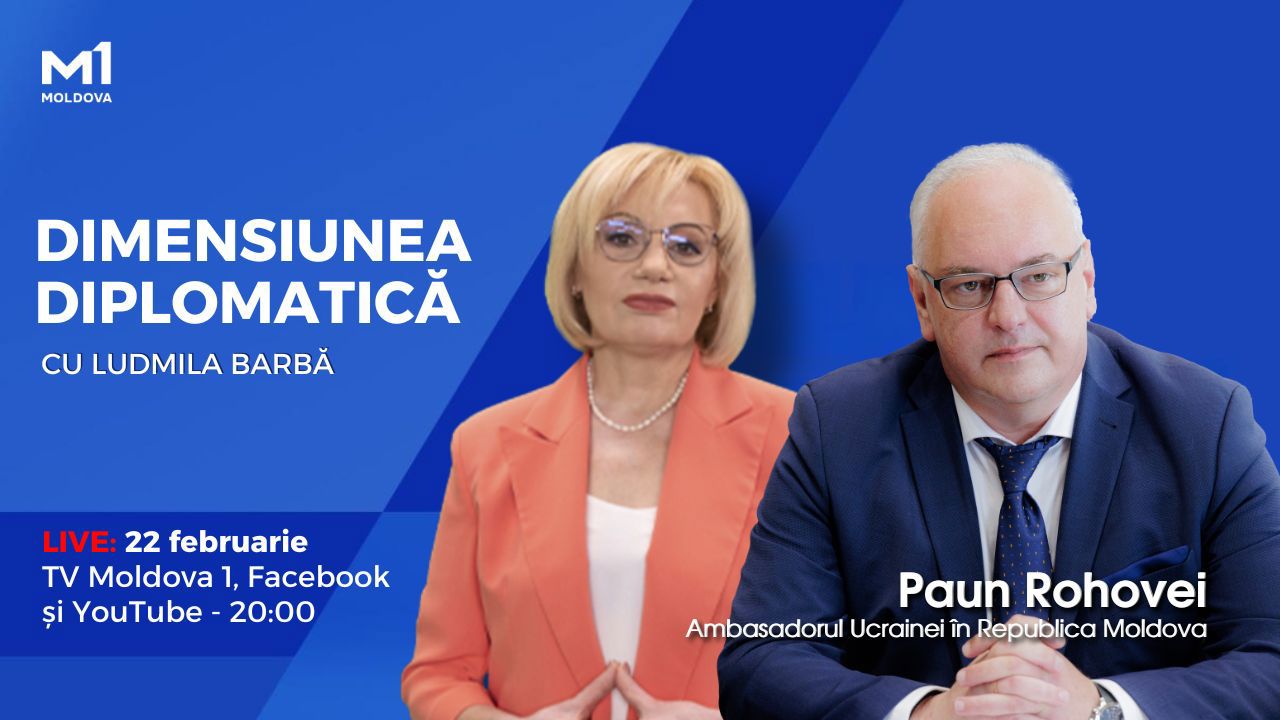EU criticizes Moldova bill on foreign agents

The Ambassador of the European Union to the Republic of Moldova, Janis Mazeiks, criticized the proposal for a law on “foreign agents” recently submitted in Parliament by a group of communist deputies.
According to Mazeiks, this law proposal is "incompatible with the fundamental values of the EU" and falls short of what is expected from a candidate country seeking accession.
“Such actions are fundamentally at odds with EU values – democracy, the rule of law, and media pluralism – and are far beyond what one would expect from a candidate country. (…) Adherence to these EU values is non-negotiable,” Mazeiks stated.
The EU Ambassador in Chișinău emphasized that to be pro-European means to act pro-European.
The opposition’s initiative seems peculiar, as even members of their own parties receive funding from Russia, thereby making them subject to this law, commented Parliament Vice President Doina Gherman during a press conference. The Parliament’s permanent bureau will examine this law proposal on Friday, April 4.
“It strikes me as very odd to propose such an initiative, especially considering that their leader, Igor Dodon, has admitted to receiving funds from the Russian Federation. That is why we experience a certain cognitive dissonance regarding the registration of this project,” the deputy stressed.
Parliament member Radu Marian also responded to the law proposal filed in the Legislature: “The Socialists label Dodon a foreign agent and seek to have him punished. Either they are confused, or, even before filing today’s legislative project on ‘foreign agents’, they failed to read Dodon’s asset declaration, in which he boasts about having received money from Moscow (1.2 million lei - $65,000).”

Several non-governmental organizations have stated publicly that, although the project has little chance of being voted through in the current parliamentary context, its mere appearance constitutes “an alarming signal and a reprehensible act,” amounting to “an attack on civil society, independent media, and citizens’ right to be correctly informed.”
According to the signatory NGOs, the project is incompatible with the rule of law and democratic values, drawing inspiration from repressive legislations promoted by autocratic regimes, such as that of the Russian Federation.
The authors propose sanctioning entities that fail to register as “foreign agents” with fines ranging from 50,000 to 200,000 lei (from $2,500 to $11,000), blocking bank accounts, and confiscating undeclared financial resources obtained from abroad. Entities that repeatedly violate the provisions of the initiative could be liquidated by a court decision.
In a comment to Teleradio-Moldova, BCS deputy Diana Caraman, one of the project’s authors, dismissed the criticisms, stating that the aim is for non-governmental organizations to operate in a more transparent manner.
A similar law enacted in Georgia by a pro-Kremlin government led to massive street protests. Consequently, the European Union suspended Georgia’s accession process and froze its financial assistance.
Translation by Iurie Tataru






